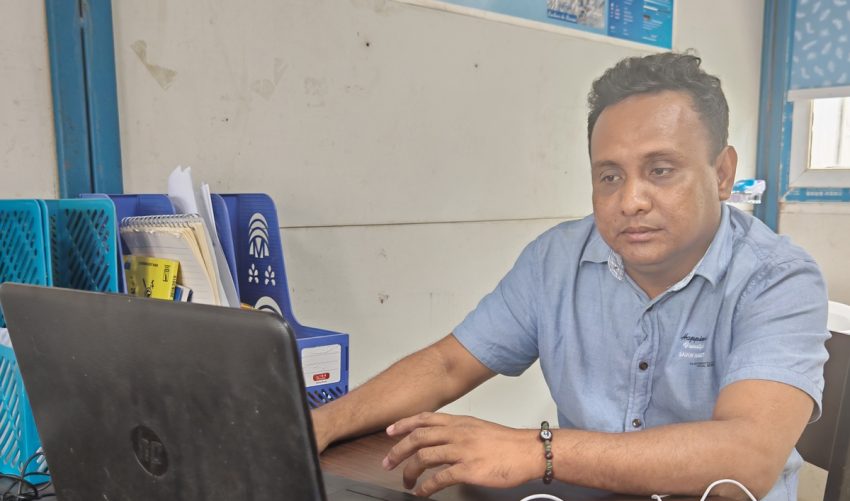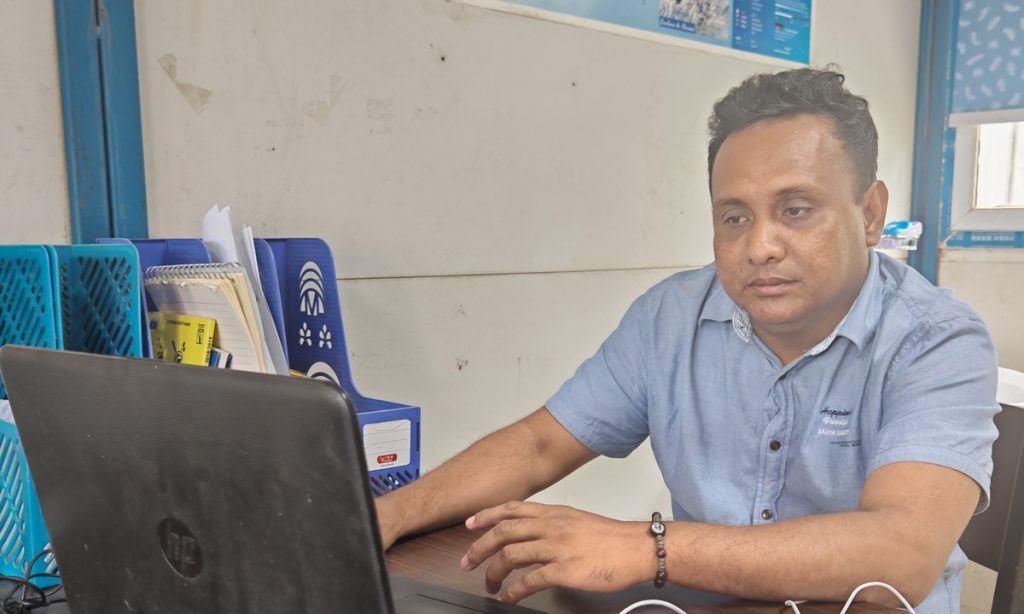
Timorese look forward to deeper cooperation with China, embracing better life

To Timor-Leste native Hilario who now works as a translator for the CNI22 team in Timor-Leste, everything has changed after his hometown got an electric connection.
Born in Manatuto, Hilario was used to dark nights when he was young. "But now, every house has lights and the number of our household appliances is growing. Our life is getting more and more convenient," Hilario told the Global Times.
Timor-Leste is located in the Nusa Tenggara Islands of Southeast Asia. It borders Timor Barat of Indonesia to the west, and faces Australia across the sea to the southeast. With a population of about 1.34 million and a territory of 15,007 square kilometers, Timor-Leste is listed as one of the least developed countries by the United Nations.
In 2002, Timor-Leste became the youngest independent country in Asia, and China was the first to establish diplomatic relations with the nation. In February 2009, the China Nuclear Industry 22ND Construction Co, Ltd (CNI22), affiliated to the China National Nuclear Corporation (CNNC), outbid the National Power Grid Project in Timor-Leste, among more than 20 bidders.
With a determination to light up every Timorese home, the CNI22 team spared no effort throughout the last 15 years and successfully established one national dispatching center, nine substations, 603 kilometers of transmission line, and 1,407 iron towers in the high mountains and dense forests in Timor-Leste.
The national power grid project was comprehensively completed in 2014. Besides this project, the CNI22 has also undertaken other key projects in the country, including the upgrade and maintenance of an urban road project that is vital to the connection of the northern and southern parts of Timor-Leste, the water supply project in Manatuto as well as supply of landfill and waste collection equipment in Dili, effectively supporting the infrastructure construction in Timor-Leste.
Once upon a time, more than 90 percent of Timor-Leste would have been plunged into darkness at nightfall due to a lack of electricity. But now, not only does every household have access to electricity, but shops and restaurants are also growing along the roads. More vehicles are also running on newly built roads across the country.
Hilario studied at the University of International Business and Economics in Beijing. He returned to Timor-Leste after graduation and witnessed the changes these projects had brought about in the country. "I saw the people at the CNNC overcoming so many difficulties to build such a large project. Their spirit moved me, so I chose to join this project."
President of the Democratic Republic of Timor-Leste Jose Ramos-Horta just concluded his first state visit to China on July 28 to 31.
After in-depth exchanges on bilateral relations, and regional and international issues of shared interest, China and Timor-Leste issued a joint statement on strengthening their comprehensive strategic partnership on Monday. Both nations agreed to carry forward the fine tradition of mutual trust and win-win cooperation, further promote comprehensive strategic cooperation, and strive toward a general direction of building the China-Timor-Leste Community of a shared future, with a view to better enhance the well-being of the two peoples.
In May, the CNI22 again won the bid to operate the national power grid project for another three years. In June, the company kicked off the construction of an upgrade project for a 23-kilometer road in Timor-Leste.
Hearing this news, Hilario is excited. He has prepared himself to continue to working with his CNI22 colleagues and make further contributions to the development of his home country.
"I hope to continue learning about electricity from my CNI22 colleagues, and look forward to CNI22 building more projects in Timor-Leste like the national power grid that benefit the country and the people. I hope the two countries can further expand cooperation in healthcare, agriculture, and infrastructure."


